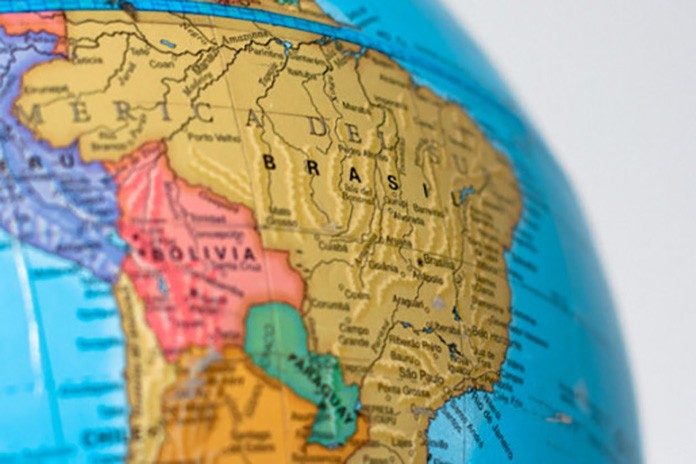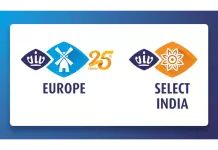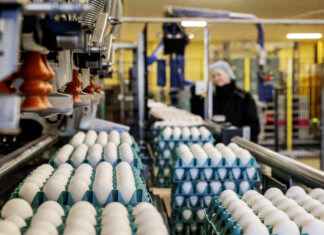
The European Union officially acknowledged Brazil as free from avian influenza, clearing the way for the phased resumption of Brazilian chicken meat exports. This landmark decision follows a high-level videoconference between Brazil’s Agriculture Minister Carlos Fávaro, Fisheries and Aquaculture Minister André de Paula, and the EU’s Commissioner for Animal Health and Welfare, Oliver Várhelyi.
What this means for poultry operators
Várhelyi confirmed that Brazil supplied sufficient data demonstrating effective control over a bird flu outbreak at a breeder farm in Southern Brazil. With that assurance, the EU will now “move forward with the Member States to propose the gradual lifting of bans and restrictions on Brazilian exports, progressively reinstating all previously authorized areas”.
This marks a pivotal shift—from a blanket export ban imposed after the May outbreak to a considerate, step-by-step market reentry. For operations relying on Brazilian imports, this promises smoother logistics and supply stabilization.
Context and significance
Brazil’s outbreak in May triggered swift import suspensions from key markets. Yet, by June, Brazil’s poultry industry had delivered over 125,300 tonnes of chicken to the EU, representing a 20.8% year-on-year increase and totaling $386.3 million in sales. The new EU ruling ensures that those trade flows can normalize.
Globally, Brazil is the largest poultry meat supplier. China, however, continues to uphold restrictions—highlighting that market access isn’t yet fully restored across all fronts.
What poultry professionals should watch
-
Exporters and integrators in Brazil must closely follow the phased reinstatement of approvals. Not all regions may be cleared at once.
-
EU processors and buyers should prepare for a return of Brazilian product at competitive prices—this could influence domestic margins and market dynamics.
-
Cross-border operators should monitor updates from Brazil’s Ministry and ABPA, ensuring compliance with new re-export protocols.

















